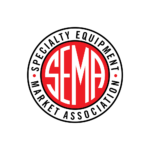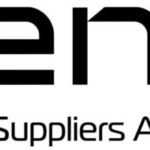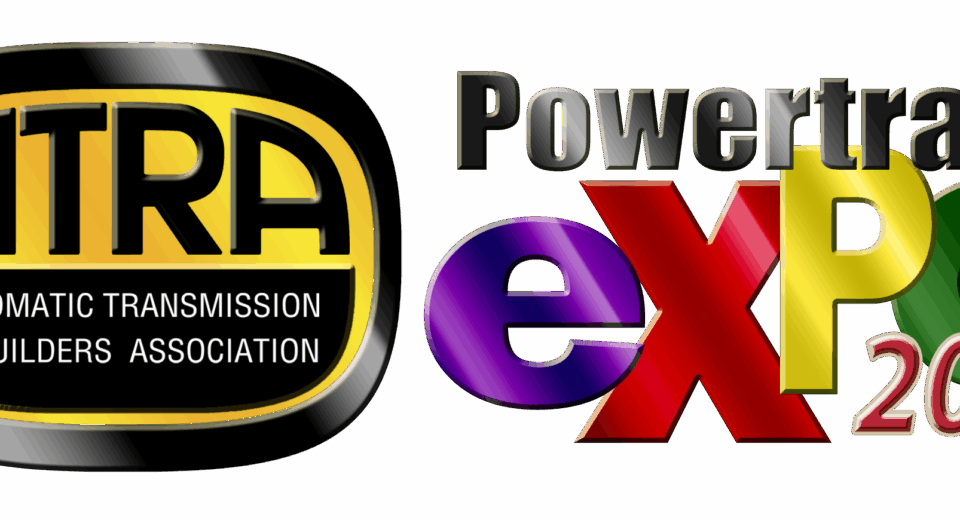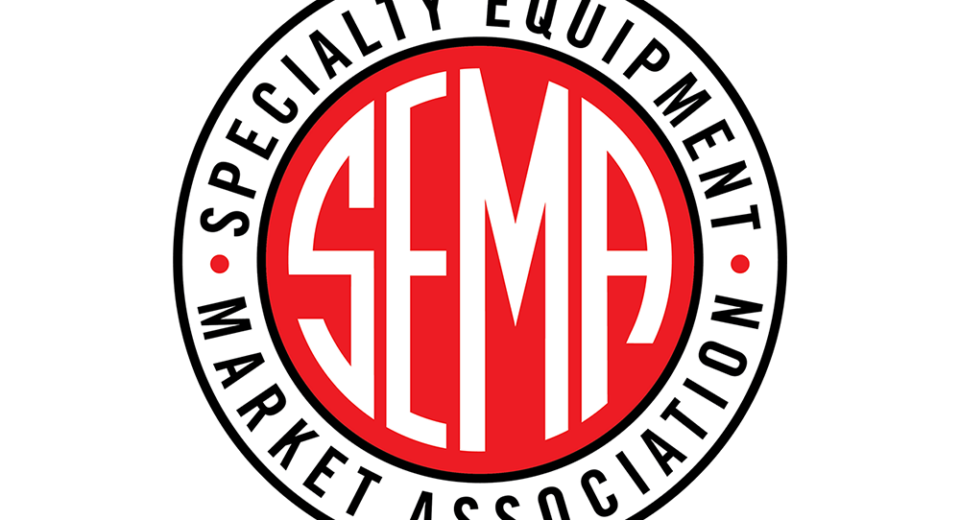
U.S. House Passes Resolution to Overturn EPA EV Mandates; Heads to U.S. Senate for Action
September 27, 2024
Protect Your Right to Repair
October 30, 2024MEMBERS: Comment on Rule to Prohibit Sale of Hardware, Software for Connected Vehicles From China, Russia
From the SEMA Washington, D.C., office
SEMA is asking its members to consider commenting on a proposed rule from the U.S. Department of Commerce’s Bureau of Industry and Security that would prohibit the sale or import of connected vehicles that include specific pieces of hardware and software, along with the sale of those components, with a sufficient nexus to the People’s Republic of China or Russia.
The “Securing the Information and Communications Technology and Services Supply Chain: Connected Vehicles” proposed rule focuses on hardware and software integrated into Vehicle Connectivity Systems (VCS) and software integrated into levels 3, 4 and 5 Automated Driving Systems (ADS), defining a “connected vehicle” as an on-road vehicle that “integrates onboard networked hardware with automotive software systems to communicate via dedicated short-range communication, cellular telecommunications connectivity, satellite communication or other wireless spectrum connectivity with any other network or device.” If this rulemaking impacts your business, click here to submit official comments by October 28, 2024.
Here are some of the key components of the proposed policy:
Prohibited Activities and Penalties:
The proposed rule would prohibit the following activities:
- Knowingly importing into the United States VCS hardware that is designed, developed, manufactured or supplied by persons linked to China or Russia.
- Knowingly importing into or selling within the United States completed connected vehicles that incorporate covered software designed, developed, manufactured or supplied by persons linked to China or Russia.
- Knowingly selling in the United States completed connected vehicles that incorporate VCS hardware or covered software if the seller is linked to China or Russia, regardless of whether the vehicles are manufactured or assembled in the United States.
The rule prescribes civil penalties of up to $286,136 per violation and criminal penalties, including fines of up to $1 million and/or imprisonment for up to 20 years.
Covered Vehicles and Components:
- The prohibitions on software with a sufficient nexus to Russia and China would take effect for model-year-’27 vehicles, and the prohibitions on hardware would take effect for model-year-’30 vehicles (effective January 1, 2029, for units without a model year).
- The rule covers VCS (i.e. systems and components that connect a vehicle to the outside world), including via Bluetooth, cellular, satellite and Wi-Fi modules), and ADS, which allows highly autonomous vehicles to operate without a driver behind the wheel.
- The proposal targets hardware and software for VCS that enable radio frequency communications over 450 MHz and software for ADS. Commerce notes that, by setting this threshold, it is targeting hardware and software that pose a higher risk due to their connectivity and transmission functions, while lowering compliance burden by excluding from regulation those information and communications technology and services (ICTS) with functions that pose a lower risk and offer high utility to consumers (e.g., tire pressure monitoring systems, electronic key fobs).
- The proposed rule excludes systems such as vehicle operating systems (OS), automated driver assistance systems (ADAS) or battery management systems (BMS) unless they have VCS components and fall within the proposed rule’s definition of VCS hardware.
- In order to reduce unnecessary economic impacts and supply disruption, the proposal would regulate ADS software rather than the hardware components of ADAS and ADS. The hardware that enables ADAS and ADS varies widely between different OEMs. In contrast, the hardware that enables VCS are relatively consistent across different automotive architectures and designs.
Covered Hardware:
- The rule covers VCS hardware, which are the physical components and subcomponents that enable a vehicle to connect and communicate with external networks and devices.
- Commerce defines “VCS hardware” as software-enabled or programmable components and subcomponents that support VCS, including microcontrollers, microcomputers or modules, systems on a chip, networking or telematics units, cellular modem/modules, Wi-Fi microcontrollers or modules, Bluetooth microcontrollers or modules, satellite navigation systems, satellite communication systems, other wireless communication microcontrollers or modules, and external antennas.
- This rule covers aftermarket telematics devices, including fleet tracking devices and systems, that fulfill functions consistent with the definition of VCS hardware.
Covered Software:
- The proposed rule applies to the software-based components that support the functions of VCS or ADS for the connected vehicle.
- VCS software supports the transmission, receipt, conversion, or processing of radio frequency communications.
- ADS includes software enabling the control of automated systems classified as Levels 3, 4, and 5 by SAE International Standard J3016. The proposed rule does not apply to firmware or open-source software unless the open-source software has been modified for proprietary purposes and not redistributed or shared.
- For VCS hardware and vehicles containing covered software that are not prohibited from importation into or sale within the United States, importers and manufacturers would be required to submit compliance declarations to the Bureau of Industry and Security providing detailed information on such items. This provision is anticipated to apply to software that is not wholly developed in the United States by American-owned companies.
Proposed Exemptions:
- The proposed rule includes procedures to let certain parties, such as small producers of vehicles, receive exemptions from the prohibitions on an exceptional basis, in order to minimize unanticipated and unnecessary disruption to industry.
- The proposed rule also provides general authorizations to alleviate the burden on small businesses (with total model-year production of less than 1,000 hardware or vehicle units) and companies engaged in off-road testing, research and repair.
For additional information, contact Eric Snyder, SEMA’s senior director of federal government affairs, at erics@sema.org.
Posted from https://www.sema.org/news-media/enews/2024/41/members-comment-rule-prohibit-sale-hardware-software-connected-vehicles


